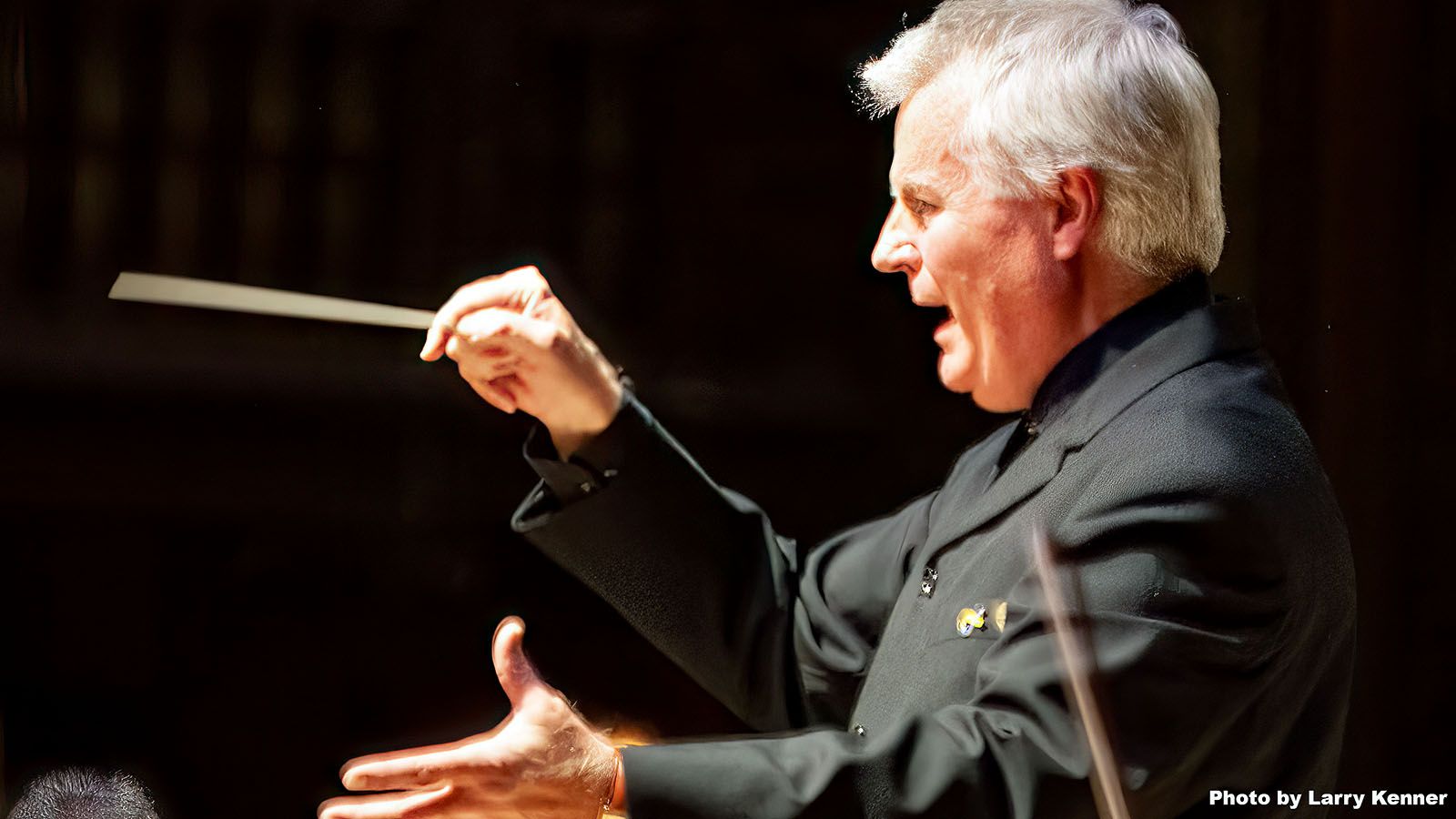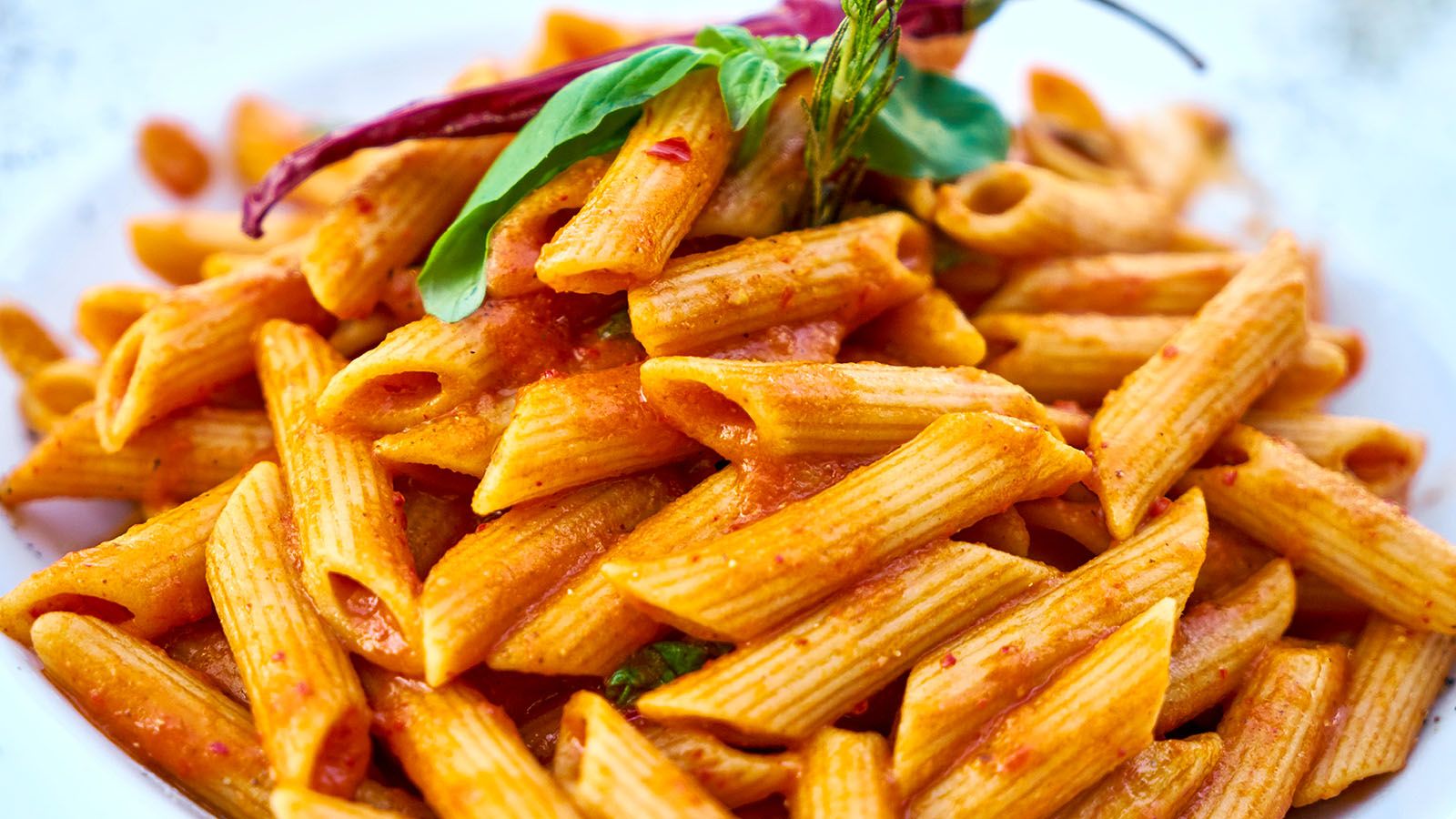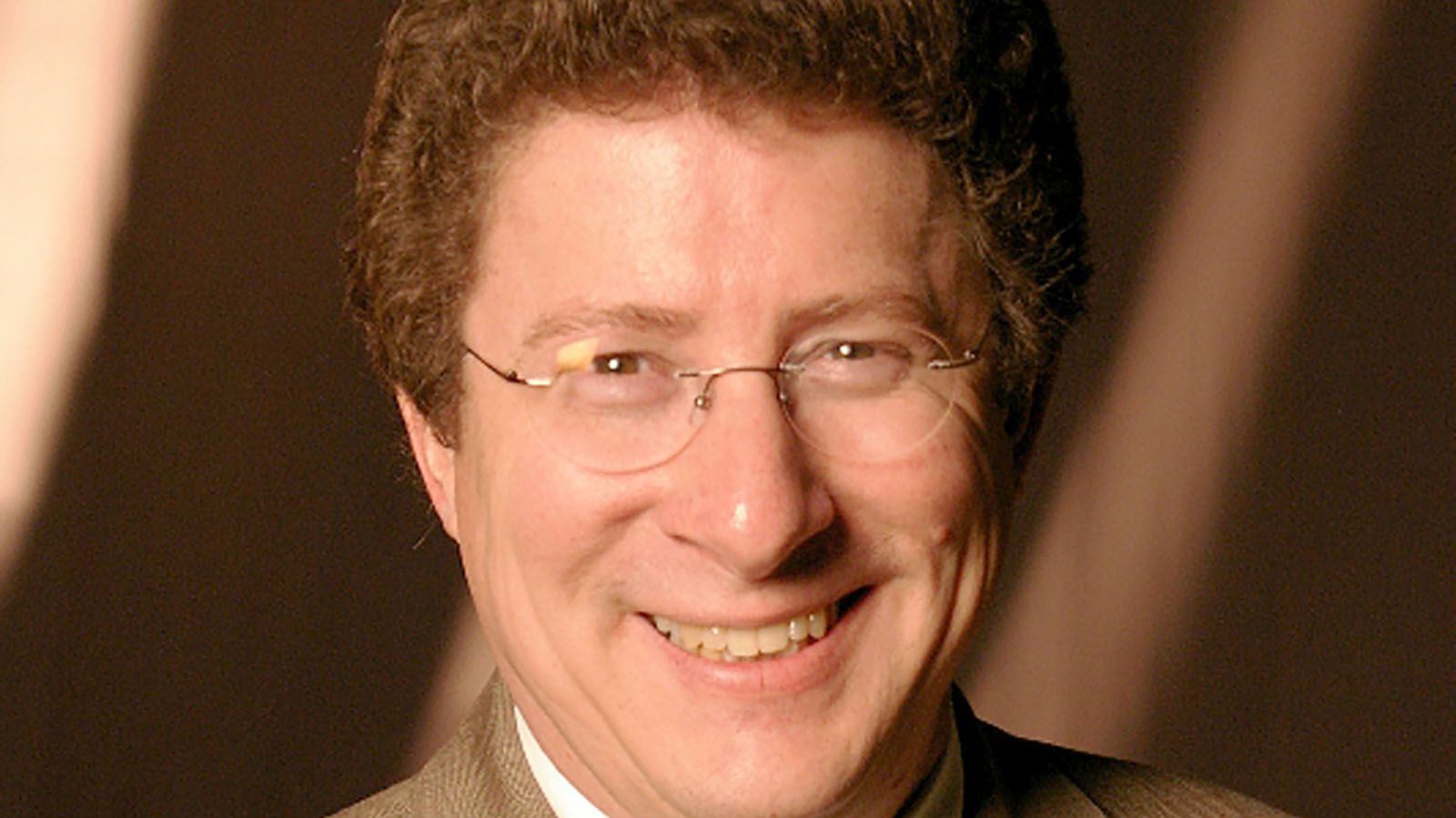The Fort Wayne Philharmonic Orchestra launch their 81st season Saturday, Oct. 5.
Writing about the 2024-2025 season, which I’m really looking forward to, is challenging because the orchestra does so much throughout the year. I count 38 major concerts, many performed more than once.
I spoke with Musical Director Andrew Constantine about their eight-concert Masterworks series, all at Auer Performance Hall at Purdue University Fort Wayne, running through May.
Mahler Symphony No. 5
Fort Wayne Philharmonic
7:30 p.m. Saturday, Oct. 5
PFW Auer Performance Hall
2101 Coliseum Blvd. E., Fort Wayne
$23-$81 · (260) 481-0770
Next month, the 63 full-time Philharmonic musicians will launch other series that run concurrently. There’s the Pops series, Sound of Innovation series, Freimann chamber music series, the new Coffee Concert series, Family series, and concerts by the Youth Orchestras.
Outside of the 38 major concerts, quintets and quartets will appear for dozens of shows at various locations and community centers, and many of the musicians will be busy visiting schools.
After the season officially ends May 10, we can look forward to the Patriotic Pops tour, rock concerts at Sweetwater Performance Pavilion, and, hopefully, another live performance of a movie score at the Foellinger in the fall of 2025.
I spoke with British-American conductor Constantine via Zoom from his home in Maryland. He’s also director of the Reading Symphony Orchestra in Pennsylvania, and records albums and gives concerts with orchestras in the United Kingdom and across Europe.
Masterworks Concert Series
Opening Night: Mahler Symphony No. 5, Oct. 5 — Kabalevksy, Overture to Colas Breugnon; Prokofiev, Suite from Lieutenant Kijé; Mahler, Symphony No. 5.
Works by Gustav Mahler are notorious for requiring huge orchestras, and expected to be played very loud.
“Anyone can blast their way mindlessly through a Mahler symphony. It’s the easiest thing in the world,” Constantine said.
However, “Mahler has a unique capacity for constructing his orchestration in a way that at times can be incredibly delicate with a lot of people playing. You just have to be disciplined enough in yourself and collectively to recognize that and try and execute it that way.”
Mahler’s work is balanced with two light-hearted, comedic pieces: Kabalevsky’s overture from his opera, and Prokofiev’s suite based on his Soviet-era film score.
Tango Rhythms and Latin Dances with JP Jofre, bandoneon, Nov. 9 — Ginastera, Four Dances from Estancia; JP Jofre, Double Concerto No. 1 for Violin and Bandoneon; Piazzolla, Concerto for Bandoneon, “Aconcagua.”
For years, Constantine has wanted to bring JP Jofre to Fort Wayne in a program of terrific Argentine dance music.
Jofre plays the bandoneon, related to the accordion.
“JP Jofre is just one of the one of the greatest guy’s you’ll come across,” he said. “Wonderful bandoneon player, terrific musician, very fine composer, and a real presence on stage.”
In his original composition, he’ll duet with Philharmonic concertmaster Violetta Todorova.
Sibelius and Shostakovich with Paul Huang, violin, Jan. 18 — Holst, Japanese Suite; Sibelius, Violin Concerto in D minor; Shostakovich, Symphony No. 10.
Young violin phenomenon Paul Huang stunned the audience here in 2022 with his Tchaikovsky; he’s back with the more subtle and nuanced Sibelius concerto.
Constantine will set the mood by opening the concert with the almost-forgotten Japanese Suite from Gustav Holst, “a very delicate, very introspective piece with absolutely gorgeous melodies that were sung to Holst by a renowned Japanese dancer of the time. Where and when else can you put great music like this in that people don’t know? You have to find occasions for it.”
The night closes with Shostakovich’s staggeringly intense symphony. Shostakovich worked his entire career in the Soviet Union, constantly threatened with censorship and repression. He had to wait until after Josef Stalin’s death to premiere his Symphony No. 10. You can feel the angst throughout.
The Romance of Brahms: Part 2, Jan. 31 — Brahms, Symphonies No. 3 and 4.
The Philharmonic completes their theme from last season highlighting Brahms with his final two symphonies, considered among the greatest orchestral works in the German tradition.
Lucille Chung plays Clara Schumann, Feb. 8 — Patrick O’Malley, Obliviana; Clara Schumann, Piano Concerto in A minor; Respighi, Fontane di Roma; Rimsky-Korsakov, Capriccio Espagnol.
Patrick O’Malley is a young composer from right here in Fort Wayne. The Philharmonic premiered his concerto for viola in 2022, and Constantine has recorded his works with the BBC Scottish Symphony Orchestra.
“Obliviana is louder than the Mahler, louder than the Shostakovich,” Constantine said. “Patrick’s the real deal. He’s a very gifted composer. I love working with him, so I’m looking forward to doing this.”
Pianist Lucille Chung will perform composer Clara Schumann’s concerto.
“Schumann (1819-1896) is emerging in her own right as a composer over recent years, as so many women artists from the 19th century and the early part of the 20th century are doing today,” Constantine said.
Fanfare for the Common Man, with Orli Shaham, piano, March 8 — Anna Clyne, This Midnight Hour; Ravel, Piano Concerto in G major; Copland, Symphony No. 3.
Anna Clyne is a living British composer.
“This is a wonderful piece of orchestration and a very engaging piece,” Constantine said. “I’m not interested in performing new music that people don’t want to listen to. She’s been performed all around the world by the biggest orchestras. So I’m pleased this is coming to Fort Wayne.”
World-renowned pianist Orli Shaham, sister to famed violinist Gil Shaham, is performing Ravel’s piece in the 150th year since his birth. Aaron Copland’s symphony from 1946 is quintessential Americana.
Tchaikovsky “Pathétique,” April 5 — Ralph Vaughan Williams, Dona nobis pacem; Tchaikovsky, Symphony No. 6.
With Tchaikovsky’s greatest symphony in the second half, the first half is the deeply moving Dona nobis pacem, Ralph Vaughan Williams’ great masterpiece for choir and orchestra, featuring the Philharmonic Chorus, Purdue University Fort Wayne Chorus, and soloists.
Vaughan Williams served in the British Army in World War I, and wrote this work in 1936 as the world was clearly descending into war again. The piece sets texts by American poet Walt Whitman, from the era of the Civil War and honoring the sacrifice of veterans, and closes with many Bible verses about the promise of peace.
This work, rarely performed in these parts, is a wonderful vehicle for the choruses.
Closing Night: Garrick Ohlsson Plays Rachmaninoff, May 10 — Rachmaninoff, Symphonic Dances and Piano Concerto No. 3.
Garrick Ohlsson is a pianist’s pianist, lionized by his contemporaries.
Constantine and a few patrons in the know are thrilled to bring him to Fort Wayne to close out the season with this powerful, monumental work.
“I did it with him a year or so ago (with another orchestra) and it is just the most collegial, easiest music-making you can imagine from a complete master,” he said. “So often you conduct that piano concerto, and it’s all a matter of high-octane nervous energy, frantic, and got to be fast, got to be big. And I think that’s the complete antithesis to what and who Rachmaninov was himself. Garrick is a very tall guy, well in his 70s now, but he just sits at the piano and there’s no effort, and the sonorities he gets from the instrument, they’re just mind-blowing.”
For a look at the entire Philharmonic season, go to fwphil.org.
 Submit Your Event
Submit Your Event




